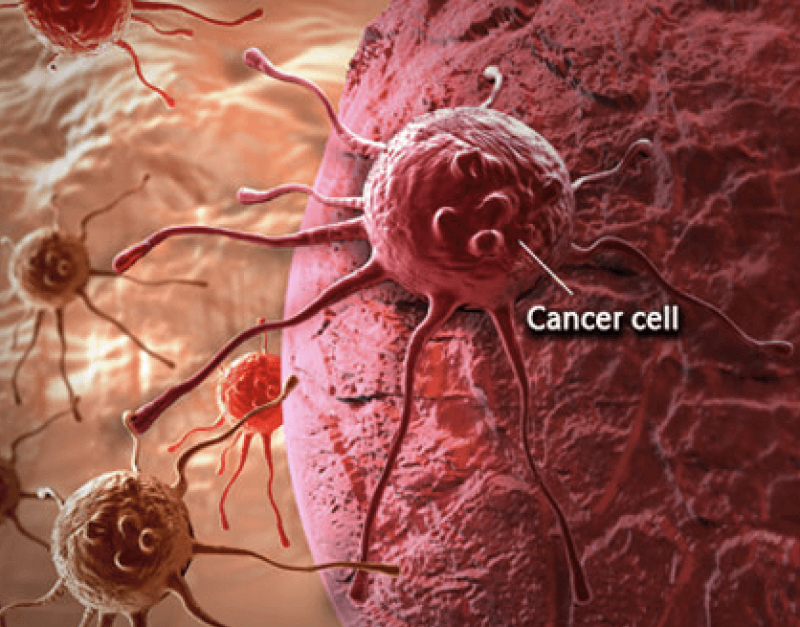Now the authors of that [claim] are back. In a recent study, they double down on their original finding…[U]sing health records from 69 countries, they conclude that 66 percent of cancer-causing genetic mutations arise from the “bad luck” of a healthy, dividing cell making a random mistake when it copies its DNA.
The scientists go to great pains to explain that this doesn’t mean that two-thirds of cancers are beyond the reach of prevention. But understanding the role of these unforced errors “could provide comfort to the millions of patients who developed cancer but led near-perfect [healthy] lifestyles,” said cancer biologist Dr. Bert Vogelstein of Johns Hopkins University….
…
[The] critics argue that the environment’s effect on cancer goes beyond mutations, in which case prevention might have an even bigger role to play…Those influences don’t show up in genomic analyses like those the Hopkins researchers did but are affected by lifestyle and environmental factors, said Ross Prentice, a renowned cancer biostatistician at Fred Hutchinson Cancer Center in Seattle. [The study can be found here.]The GLP aggregated and excerpted this blog/article to reflect the diversity of news, opinion, and analysis. Read full, original post: Most cancer mutations arise from ‘bad luck,’ but many cases still preventable, researchers say
For more background on the Genetic Literacy Project, read GLP on Wikipedia.































